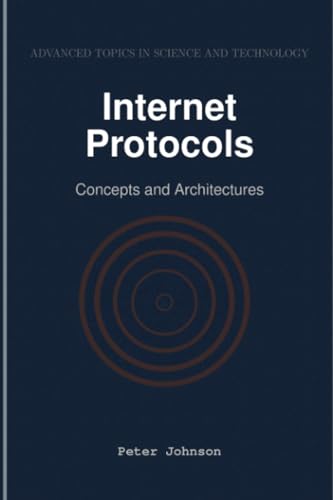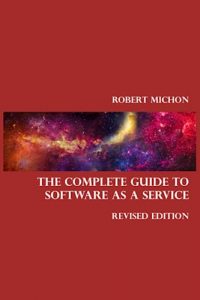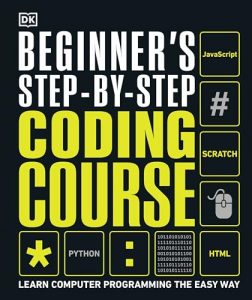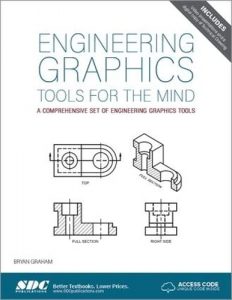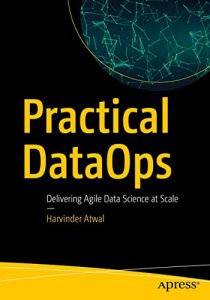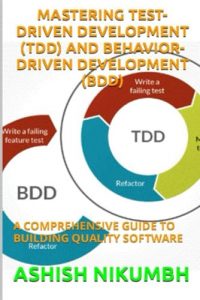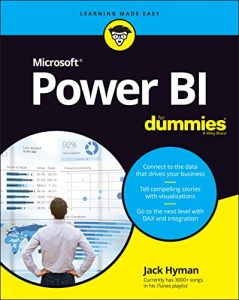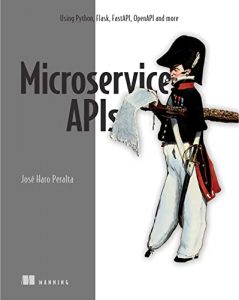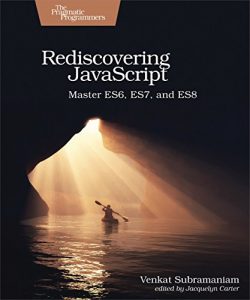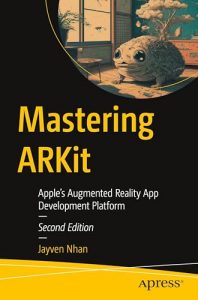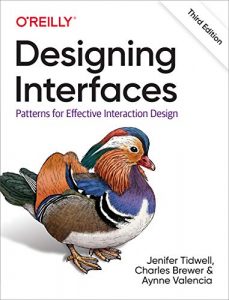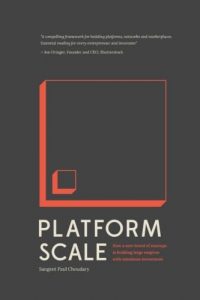Unlocking the Web: Essential Reads on Internet Protocols
The internet is an intricate web of systems that are linked through protocols, making it vital to understand how these frameworks work. We’ve curated a list of indispensable books that delve deep into internet protocols, guiding you through the complexities of networking and enhancing your understanding of the virtual world.
1. Internet Protocols: Concepts and Architectures
Written by Peter Johnson, this book provides a comprehensive overview of the concepts and architecture that underlie internet protocols. Perfect for both students and professionals, it covers the fundamentals and delves into advanced topics, making it essential for anyone aiming to grasp the intricate workings behind the internet. The clarity and systematic approach of Johnson’s writing help make complex topics accessible, fostering a solid foundation for further exploration in networking.
2. The TCP/IP Guide: A Comprehensive, Illustrated Internet Protocols Reference
Charles M. Kozierok’s “The TCP/IP Guide” is a must-have reference for anyone interested in internet protocols. This comprehensive, illustrated guide navigates through the TCP/IP protocol suite — the backbone of internet communications. The detailed explanations, coupled with diagrams, provide an excellent resource that helps demystify the complexities of network communications. Kozierok ensures readers not only understand the protocols but also their implementations in real-world scenarios, making this a go-to book for both novices and seasoned network administrators alike.
3. How the Internet Really Works: An Illustrated Guide to Protocols, Privacy, Censorship, and Governance
This collaborative effort by Article 19 and several other authors offers readers a unique perspective on how the internet operates. It tackles not only technical protocols but also subjects like privacy and governance, making it essential in today’s digital age. The illustrated format is particularly engaging, breaking down complicated concepts in a visually appealing manner. This book is critical for those looking to understand both the technical and socio-political landscape of the internet.
4. Internet Protocol
David Fisher’s “Internet Protocol” is an excellent primer for those new to the subject. Priced affordably, it simplifies the core concepts of internet protocol, making this book approachable for beginners. Fisher breaks down technical jargon into digestible language, enabling readers to gain foundational knowledge without feeling overwhelmed. It’s a perfect starting point for anyone eager to explore the world of networking without prior experience.
5. Internet Core Protocols: The Definitive Guide: Help for Network Administrators
Eric Hall offers profound insights into core internet protocols tailored for network administrators. This guide provides practical help and a thorough understanding, vital for anyone managing network systems. Hall’s extensive coverage includes troubleshooting tips and strategies, making it indispensable for both aspiring and established network professionals. It’s not just about understanding protocols; it’s about mastering them in a work environment.
6. OSPF: Anatomy of an Internet Routing Protocol
John Moy’s in-depth study of OSPF (Open Shortest Path First) is an essential read for network engineers. It covers the design and implementation of this foundational routing protocol in extensive detail. Readers will appreciate the technical precision and comprehensive nature of this resource, which also addresses practical applications and challenges faced in real-world routing scenarios. This book is invaluable for anyone looking to enhance their routing knowledge.
7. Computer Networking Bible: [3 in 1] The Complete Crash Course to Effectively Design, Implement and Manage Networks
Rick C. Worley presents a comprehensive guide that covers everything from design to management of networks, making it a staple for both beginners and established networking professionals. This all-in-one resource enhances understanding while offering practical strategies for implementing security, performance, and scalability principles. Worley’s work stands out for its clear approach, practical examples, and case studies, ensuring you gain real-world networking expertise.
8. Networking for Beginners
Russell Scott’s “Networking for Beginners” is an ideal entry point for individuals new to the field. This book simplifies complex concepts and guides readers through the essentials of networking technology. From the OSI model to IP subnetting, the text is designed to empower readers with foundational networking knowledge, thus fostering confidence in utilizing technology in everyday scenarios. Its approachable style makes learning both fun and engaging.
9. The Internet and Its Protocols: A Comparative Approach
Adrian Farrel’s comparative approach to internet protocols offers a deeper understanding of their functionalities and how they interact. Suitable for networking students and professionals, this book emphasizes critical thinking, enabling readers to grasp both practical applications and theoretical concepts. Farrel presents a wealth of knowledge in a structured and engaging manner, making it a valuable addition to any networking library.
10. Internet Email Protocols: A Developer’s Guide
Kevin Johnson’s “Internet Email Protocols” offers a targeted resource for software developers tackling email communications. This guide simplifies the technical complexities surrounding email protocols, making it easier for developers to implement them efficiently in applications. Johnson’s approachable writing style demystifies technical jargon and equips readers with the understanding needed to create robust email functionalities.

